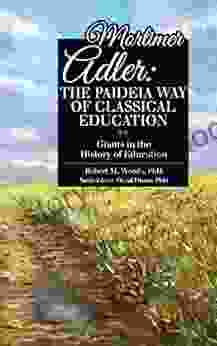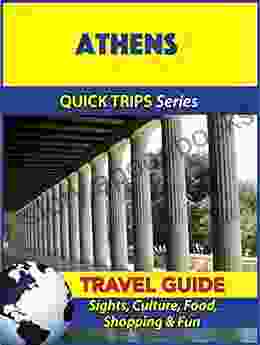The Paideia Way of Classical Education: Giants in the History of Education

The Paideia Way of classical education is a time-tested approach to learning that emphasizes the study of great books, critical thinking, and the cultivation of virtue. Rooted in the educational philosophies of ancient Greece and Rome, the Paideia approach has been refined and developed over centuries by some of the most influential educators in history.
4.7 out of 5
| Language | : | English |
| File size | : | 5304 KB |
| Text-to-Speech | : | Enabled |
| Screen Reader | : | Supported |
| Enhanced typesetting | : | Enabled |
| Word Wise | : | Enabled |
| Print length | : | 92 pages |
| Lending | : | Enabled |
From Socrates to Plato to Aristotle, the Renaissance humanists to Enlightenment thinkers, the Paideia Way has shaped the minds of some of the greatest scholars, scientists, statesmen, and artists the world has ever known. In this article, we will explore the principles, methods, and impact of the Paideia approach, providing valuable insights for educators, parents, and students alike.
The Principles of Paideia
The Paideia Way is based on the following principles:
- The study of great books: Paideia educators believe that the best way to educate students is to expose them to the great works of literature, philosophy, history, and science. These works contain timeless truths and insights that can help students understand the human condition and develop their own values and beliefs.
- Critical thinking: Paideia educators emphasize the importance of critical thinking skills. Students are taught to read closely, analyze arguments, and evaluate evidence. This helps them to develop the ability to think for themselves and to make informed decisions.
- The cultivation of virtue: Paideia educators believe that education should not only develop students' intellects but also their moral character. Students are taught the importance of virtues such as courage, justice, temperance, and wisdom.
The Methods of Paideia
The Paideia approach uses a variety of methods to teach students, including lectures, discussions, and Socratic questioning. Lectures are used to introduce new material and to provide students with a foundation of knowledge. Discussions allow students to explore different perspectives and to develop their own ideas. Socratic questioning is a method of teaching that uses questions to lead students to a deeper understanding of the material.
The Impact of Paideia
The Paideia Way of classical education has had a profound impact on Western civilization. The great thinkers and leaders who have been educated in the Paideia tradition have made significant contributions to the arts, sciences, and political thought.
In the ancient world, the Paideia approach was used to educate the ruling class of Athens. This education helped to produce some of the greatest minds in history, including Socrates, Plato, and Aristotle. These philosophers developed ideas that have shaped Western thought for centuries.
During the Renaissance, the Paideia approach was revived by humanists such as Erasmus and Vittorino da Feltre. These educators believed that the study of classical texts could help to revive the spirit of ancient Greece and Rome. The humanists' work helped to lay the foundation for the scientific revolution and the Enlightenment.
In the modern world, the Paideia approach is still used by many schools and colleges. Educators who use this approach believe that it provides students with the best possible foundation for success in college and in life.
The Paideia Way of classical education is a time-tested approach to learning that has produced some of the greatest minds in history. The principles, methods, and impact of the Paideia approach are still relevant today. Educators, parents, and students who are interested in providing a well-rounded education should consider the benefits of the Paideia Way.
4.7 out of 5
| Language | : | English |
| File size | : | 5304 KB |
| Text-to-Speech | : | Enabled |
| Screen Reader | : | Supported |
| Enhanced typesetting | : | Enabled |
| Word Wise | : | Enabled |
| Print length | : | 92 pages |
| Lending | : | Enabled |
Do you want to contribute by writing guest posts on this blog?
Please contact us and send us a resume of previous articles that you have written.
 Book
Book Novel
Novel Page
Page Chapter
Chapter Text
Text Story
Story Genre
Genre Reader
Reader Library
Library Paperback
Paperback E-book
E-book Magazine
Magazine Newspaper
Newspaper Paragraph
Paragraph Sentence
Sentence Bookmark
Bookmark Shelf
Shelf Glossary
Glossary Bibliography
Bibliography Foreword
Foreword Preface
Preface Synopsis
Synopsis Annotation
Annotation Footnote
Footnote Manuscript
Manuscript Scroll
Scroll Codex
Codex Tome
Tome Bestseller
Bestseller Classics
Classics Library card
Library card Narrative
Narrative Biography
Biography Autobiography
Autobiography Memoir
Memoir Reference
Reference Encyclopedia
Encyclopedia Michael L Kent
Michael L Kent R M Olson
R M Olson Regina G Richards
Regina G Richards Matt Gedney
Matt Gedney Marcus Monteiro
Marcus Monteiro Tyrell Madison
Tyrell Madison Stein Willard
Stein Willard Shabnam Curtis
Shabnam Curtis Sabrina Taylor
Sabrina Taylor Natalia Bonner
Natalia Bonner Marc Schonbrun
Marc Schonbrun Robyn Sarah
Robyn Sarah Linda Talley
Linda Talley Peter David
Peter David Sylvain Zelliot
Sylvain Zelliot Sarah Naish
Sarah Naish V N Datta
V N Datta Rose Marie Kern
Rose Marie Kern Revised Edition Kindle Edition
Revised Edition Kindle Edition Minister Mike Abbruzzi
Minister Mike Abbruzzi
Light bulbAdvertise smarter! Our strategic ad space ensures maximum exposure. Reserve your spot today!
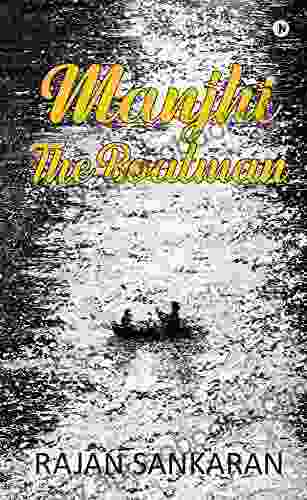
 Edgar Allan PoeManjhi - The Mountain Man: An Inspiring Tale of Perseverance and Unwavering...
Edgar Allan PoeManjhi - The Mountain Man: An Inspiring Tale of Perseverance and Unwavering...
 Louis HayesThe Ultimate Australian Cattle Dog Care Guide: A Comprehensive Handbook for...
Louis HayesThe Ultimate Australian Cattle Dog Care Guide: A Comprehensive Handbook for...
 Brady MitchellTrade and Innovation Within Global Networks: Unlocking the Power of Commerce...
Brady MitchellTrade and Innovation Within Global Networks: Unlocking the Power of Commerce... Darren NelsonFollow ·16.6k
Darren NelsonFollow ·16.6k Efrain PowellFollow ·18.7k
Efrain PowellFollow ·18.7k Charles ReedFollow ·16.2k
Charles ReedFollow ·16.2k Brenton CoxFollow ·16.6k
Brenton CoxFollow ·16.6k George BellFollow ·18.6k
George BellFollow ·18.6k Blake KennedyFollow ·14.8k
Blake KennedyFollow ·14.8k Al FosterFollow ·10.7k
Al FosterFollow ·10.7k Duane KellyFollow ·8.9k
Duane KellyFollow ·8.9k
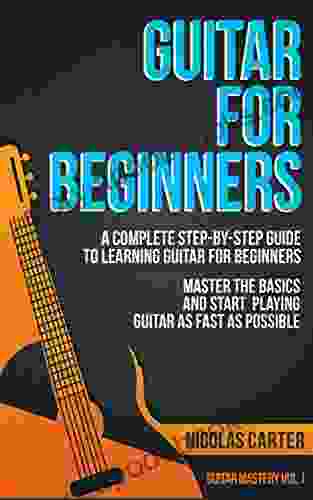
 Jorge Luis Borges
Jorge Luis BorgesUnlock Your Inner Musician: The Ultimate Guide to...
Embark on a Musical...
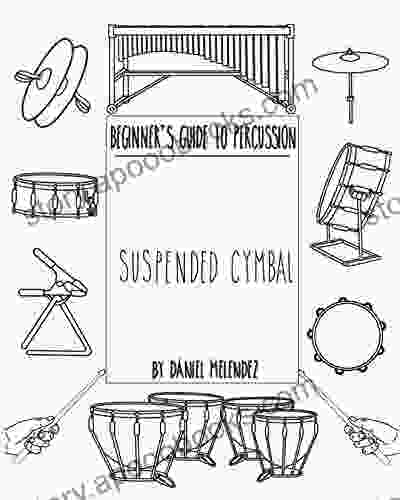
 Carlos Drummond
Carlos DrummondQuick Reference Guide To Percussion Instruments And How...
Unleash your inner rhythm with...
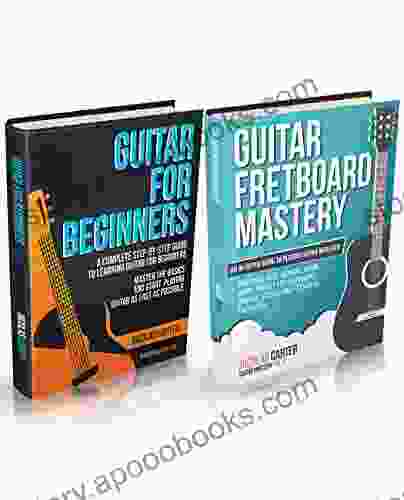
 Roberto Bolaño
Roberto BolañoUnlock Your Guitar Potential: The Ultimate Guitar Mastery...
Are you ready...

 Fred Foster
Fred FosterLooking for Lady Dee: A Punk Rock Mystery
By [Author's Name] Looking for Lady Dee is...
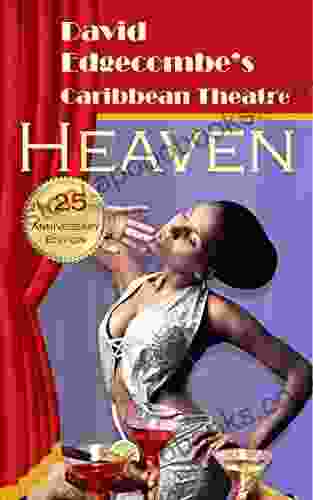
 Jacques Bell
Jacques BellJourney into the Mystical Realm of "Heaven Polly Alice...
In the tapestry of literature, where...
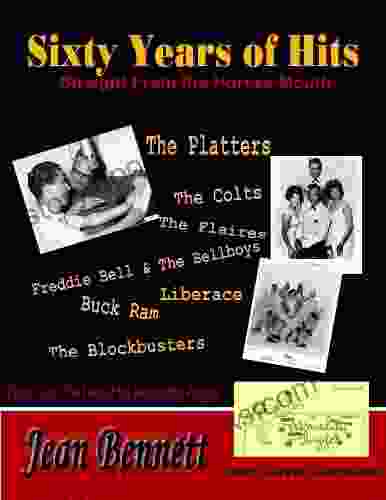
 Julio Ramón Ribeyro
Julio Ramón RibeyroSixty Years of Hits: A Musical Journey Through Time
Music has the...
4.7 out of 5
| Language | : | English |
| File size | : | 5304 KB |
| Text-to-Speech | : | Enabled |
| Screen Reader | : | Supported |
| Enhanced typesetting | : | Enabled |
| Word Wise | : | Enabled |
| Print length | : | 92 pages |
| Lending | : | Enabled |


